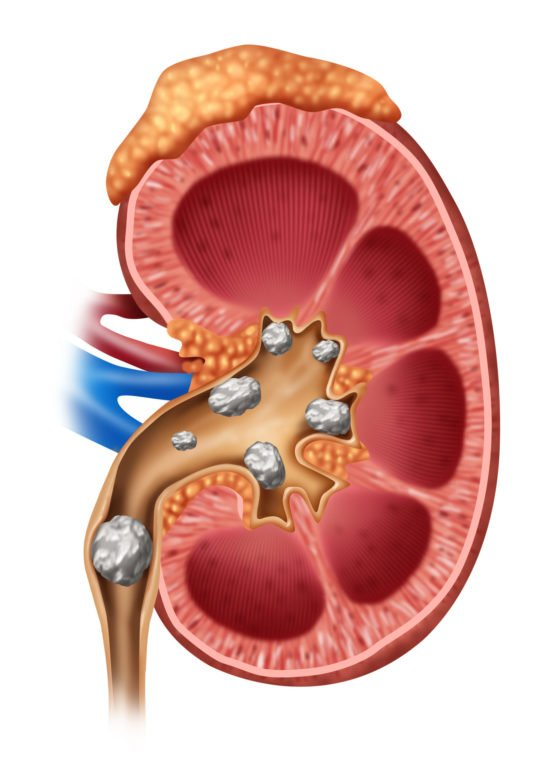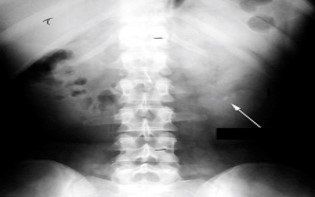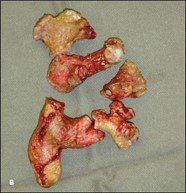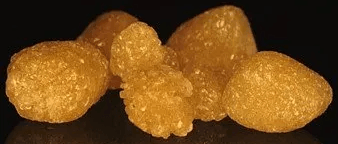Kidney Stones
What are Kidney Stones?
Kidney stones are formed from the minerals and salts in the urine which clump together when the urine becomes highly concentrated.
What are the Causes of Kidney Stones?
Doctors are still unsure of why kidney stones develop. However, factors which seem to impact the development of the condition include:
- Lack of hydration (Highly concentrated urine)
- Poor diet
- Obesity or weight gain
- Type 2 diabetes
What are the Symptoms of Kidney Stones?
Patients suffering from kidney stones may experience a range of symptoms. For example:
- Severe pain at the site of the affected kidney
- Pain radiating from the affected kidney to the groin
- Frequent or sudden urge to urinate
- Nausea and vomiting caused by pain
- Blood in the urine
- Feeling unwell with fevers/chills/rigours (“shivers or shakes”)
What are the Different Types of Kidney Stones?
Kidney stones come in many different types, shapes and colours. There are four main types of stones:
Calcium Stones
Form when calcium combines with another mineral substance (oxalate, phosphate, carbonate) within the kidney. These stones can typically be seen on a plain x-ray. It is the most common type of kidney stone (>75%).
Uric acid stones
Form in acidic urine (pH 5-6) and are difficult to detect on a traditional x-ray image, but can be easily seen on CT and usually seen on ultrasound.
Infection or struvite stones
Form as a result of some urinary tract infections (UTIs) and can grow to a very large size in a short period of time. These stones can damage and disrupt how the kidney functions. They are typically seen on a plain x-ray forming a cast of the drainage system of the kidney.
Cystine stones
Form as a result of a rare genetically inherited abnormality from both parents. Patients who are affected tend to be diagnosed at a young age and develop recurrent kidney stones throughout life. These stones are only faintly visible on x-ray.
How are Kidney Stones Diagnosed?
If Dr Hadley suspects that you are suffering from kidney stones he will perform an appropriate evaluation. You will also be asked to provide a urine sample and blood tests which will be checked for infection, blood in the urine, or any kidney damage as well as basic metabolic screening.
Depending on the results of these tests, you may need to undergo a low dose CT scan so that your doctor can examine the internal images of your kidneys, ureter, and bladder in more detail looking for stones. This is the most accurate test available to diagnose stones. Ultrasound examinations are sometimes used to avoid irradiation, but are not as accurate as a CT scan.
Sometimes, the diagnosis is made unexpectedly when the patient is being investigated for an unrelated medical condition. Dr Hadley will advise you if your stone needs to be treated.
What are the Risks if Kidney Stones are Left Untreated?
It is important to treat kidney stones as they can cause severe pain, infection, and kidney failure, which require immediate medical attention. If you are in extreme pain or develop fevers, chills or rigours (“shivers or shakes”) as a result of kidney stones, you should seek urgent emergency treatment.
What are the Treatment Options for Kidney Stones?
The options available for the treatment of kidney stones depends on the type of stone that is present, the severity of the symptoms, and the location of the stone.
Treatment options include:
- Waiting for stones to pass out spontaneously; this is most suitable for smaller sized stones
- Medication to help assist in relaxing the ureter to aid stone passage
- Pain relief during the stone passage
- Surgery to fragment or extract the stone
Surgery may be needed to unblock the kidney and remove a stone from the ureter or kidney if:
- The stone fails to pass
- The stone is too big
- The pain is severe
- The stone is affecting your kidney function
- The stone is affecting your employment
- There is a need for immediate treatment (ie kidney failure, infection)
- You are considering getting pregnant
In case of complex, recurrent stones (in particular cystine stones which often relapse), a lifelong commitment is required with a trusted team of medical specialists, supervised by a urologist and nephrologist. Long term management involves close surveillance, ongoing educational support, urinary manipulation, oral fluids, and in some instances lifelong medications.
Dr Hadley can talk to you about the treatment options and help you find the most suitable procedure.
Medications Used to Treat Kidney Stones
There are medications to help with passing a kidney stone that is causing a blockage but these are considered only on a case-by-case basis. It remains controversial regarding its effectiveness.
In certain situations, a tablet called Tamsulosin (Flomaxtra) may be beneficial in helping relax the ureter to assist the stone to pass. It works best for stones that are lower down in the ureter. Pain-relieving medications may also be required to assist during this time.
How Can I Prevent Stones from Recurring?
The type of stone you have will determine your stone management. There is no “one-size-fits-all” prescription for preventing kidney stones.
Dr Hadley will organise blood and urine tests to tailor a preventative program for you. The aim is to identify one or two things that we can change in your habits that will make a big difference in preventing stones, rather than chase lots of small things that are unsustainable and make only small differences.
General recommendations for stone prevention include:
- Increasing fluid intake. It is recommended that you drink enough to produce 2-3 litres of urine a day. As a rough guide, the aim is to consume enough fluids to produce urine that is clear or light straw in colour.
- Adopting a healthy lifestyle with a good work-life balance and regular physical activity
- Maintaining a normal calcium intake ( having two servings of dairy each day) is important to help bind and remove stone-forming crystals in the gut before they get into the kidney
- It should be noted that calcium stones are usually not due to an excessive intake of dietary calcium so no calcium restriction
- Maintaining a healthy body weight for your build. A body mass index range of 19 to 25 is considered healthy.
- Sometimes using supplements to improve the urine profile.











